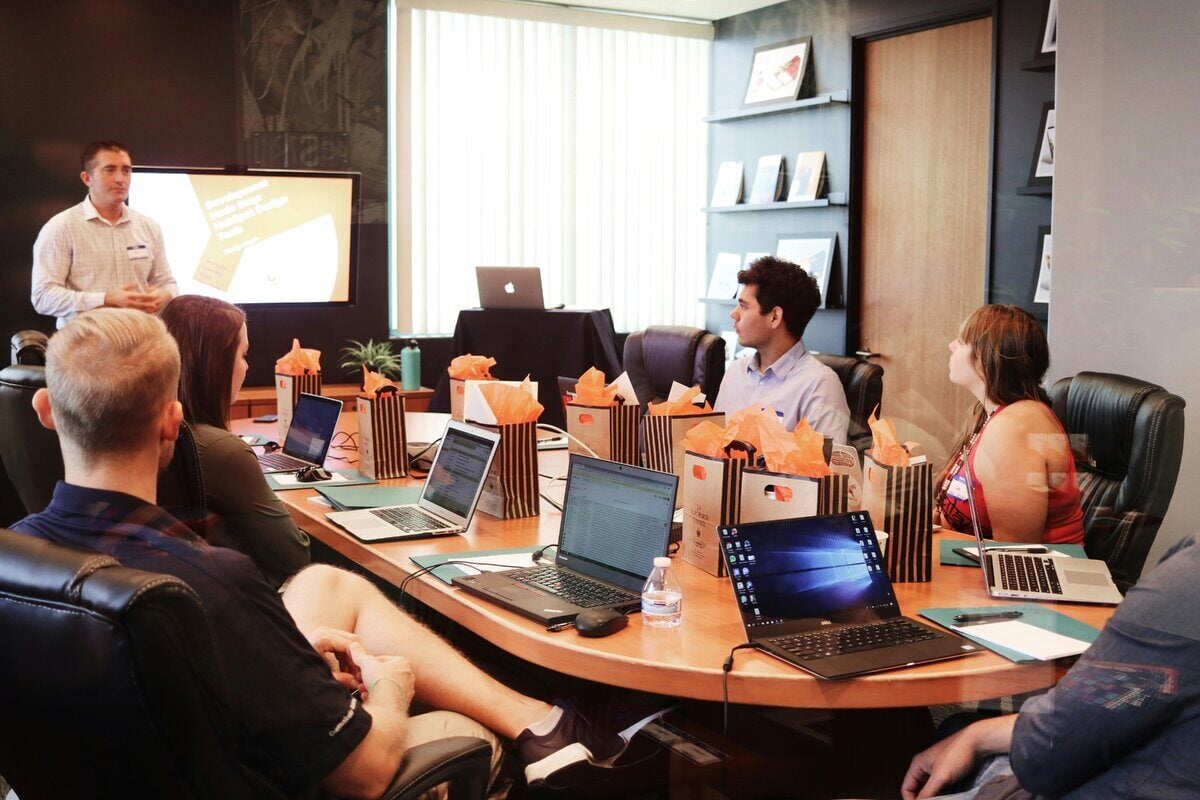
"How Do You Do It?" 5 Tips For Working With Subject Matter Experts
Developing a great course requires hard work, talented designers, and qualified subject matter experts (SME). Working with a SME can be a challenge, but once your SME is fully and properly vetted it’s important to trust their expertise and to work with them cooperatively so they can provide you with great learning material.
Every SME is unique. They may be excited about your project—however, competing responsibilities may pull them away from their commitment to you. To that end, here are five key tips you can use to keep SMEs engaged and accountable for your program’s success.
5 Tips for Working With Subject Matter Experts

1. Avoid Making Assumptions
As a key decision-maker in your organization, you may have an impressive amount of experience in the subject matter your SME will be dealing with. If this is the case, you may expect your SME to reflect your experience and opinions on the topic. It can be hard to accept when your SME communicates ideas that are not aligned with your experience. You should trust your SME to provide valuable and accurate material and understand that our personal experience in business does not necessarily reflect a broader truth.
2. Prepare to Disagree
As you work with your SME to develop great educational content, be prepared to disagree. Your SME is likely to have information about the subject that you don’t have. By the same token, you are likely to have an understanding of your workforce and your business model that your SME hasn’t taken into consideration. Remember, disagreements are a good thing. They are an indication that learning is possible and they represent an opportunity to optimize the material in a way that might otherwise not present itself.
3. Define Effective Learning Experiences
You may have some experience creating courses for your workforce. You may even have helped other business owners develop learning material for their teams. The more experience you have in this area, the easier it can be to forget that not everyone has your level of understanding about what qualifies as good learning experiences. Your SME may be a highly qualified expert in the subject at hand, but that does not necessarily mean he or she has experience teaching it. Your SME’s expertise is an essential resource, but at the end of the day, you are responsible for the quality of your course. Establish early on in the process that you and your SME will be working closely together to develop top quality material. That way, fewer misunderstandings are likely to occur.
4. Use Collaboration Tools to Track Your Progress
One great feature of course creation software is that it almost always comes with useful collaboration features that integrate with your organization’s productivity software. Most SMEs have tight schedules, and they will appreciate anything you can do to help them in their work while helping to ensure that you are both on the same page. Using your available online collaboration tools is a great way to do just that.
5. Show Your Appreciation With a Thank You Email
Once your learning materials are complete, sending your SME a thank you email will go a long way to smooth relations and make future successful collaborations even more likely. Sending a thank you email is always a good idea, but if you had disagreements during the creation process, the thank you email will reassure them that you are still on good terms and that you look forward to future collaborations.
Working with SMEs is just one topic we cover in our latest e-book, The 7 Most Common Training Challenges (And How To Conquer Them)—download this document to see the others! Then, contact us today to schedule your complimentary consultation.


.jpg)

.png)

